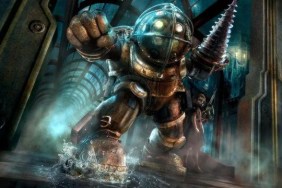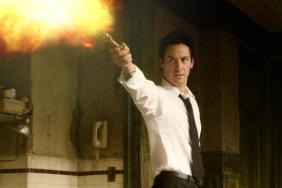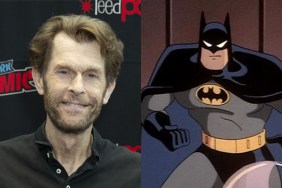One day, all Americans will know the name of Japanese action director Ryuhei Kitamura… or at least, that’s the America that I hope to someday live in. Known solely to devout Asian cinephiles for his early movie Versus, Kitamura is the kind of filmmaker that Michael Bay might be if he were Japanese… and talented… but he’s a rare breed, making Hollywood-style action movies that…

“It will focus primarily on the ‘First Class’ cast,” he says, “but it will certainly have some of the original…





